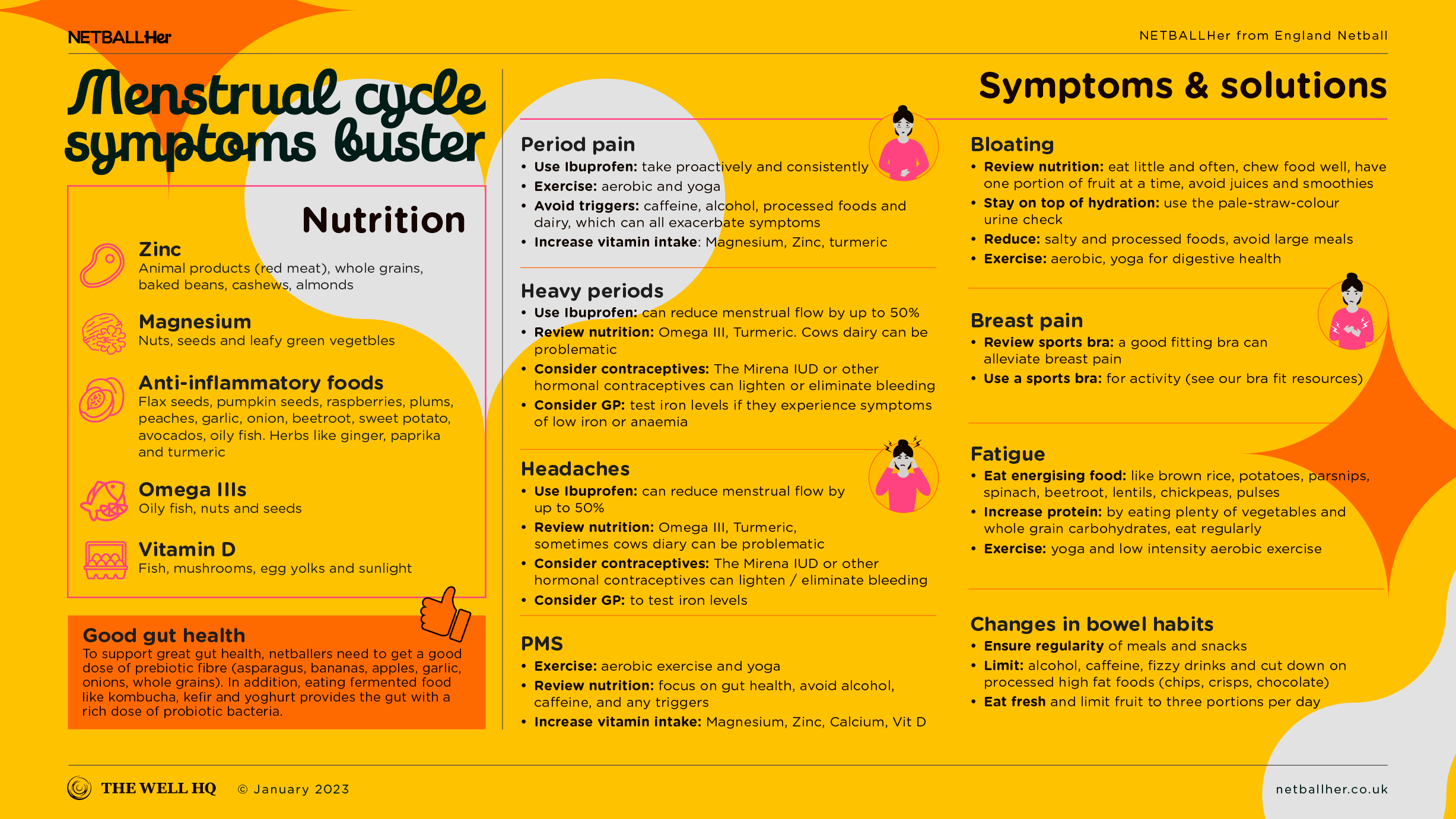Click play for an audio readthrough of this article
Are you getting enough water? Read this then answer again – turns out water’s pretty important …
Question #1: do you drink enough water throughout the day?
Yes / No / Maybe
Some detail: did you know that you are mostly water? That nearly every system in your body needs water to function? That you lose water when you cry, sweat, bleed and pee? That you even lose water when you breathe and sleep?
Question #2: are you sure you drink enough water throughout the day?
Little and often
So, the first thing to say is that you should be drinking water steadily all day. Consistently, all day. Regular swigs.
Many of us stick to the old pint for breakfast, one for lunch and a third for dinner routine but that doesn’t cut the mustard. The body needs a steady and constant supply because it absorbs and uses what it needs at any one time – and then gets rid of the rest.
Necking a pint every three or four hours will do some good for a short window of time, but its biggest achievement, really, will be filling your bladder and inducing the need for a six-minute pee.
No, the optimum way to hydrate is to have a glass of water on the go for most of the day and to keep swigging from it regularly. It’s a behaviour, so be mindful of practising it. We all know what practice makes …
If you want to know whether or not you’re getting enough water onboard then try some trusty pee tests.
Time: you should be going every three to four hours.
Duration: pee-flow should last between eight and twelve seconds.
Colour: Pale straw yellow – that’s the fellow. Yellowy-orange and … what rhymes with orange? Either way, pale pee is good. Darker pee is your body saying it needs more water.
Your body gets unhappy when it starts to run dry, and there are several ways it complains. The most obvious is making you feel thirsty … but thirst is actually quite an extreme bodily response. Really, you don’t want to let it get to that stage.
It does what to my performance?
Clearly, hydration is doubly important when you’re at training or playing a netball match, but not just because you sweat more. Proper in-exercise hydration actually improves your performance.
The science is pretty simple: blood is largely water and blood is made up of all kinds of useful stuff. Hence more water equals more blood and a greater volume of that same useful stuff pulses through your organs and muscles. On top of that, it helps you stay cool.
Dehydration of as little as 2% of your body mass can appreciably impair your performance.
Oh and remember that if you’re training or working out for an hour or so, plain water is fine. Keep topping up as you go.
But if you’re at it for longer – say a multigame tournament or training in a hot environment – then adding an electrolyte boost to your water is important. You can do this via electrolyte tablets – which dissolve in water – or by adding freshly cut or crushed citrus fruit or herbs to it.
You can add a pinch of salt to full sugar (not sugar free) squash or cordial or, if you fancy something interesting to pack in electrolytes then try coconut water. It’s positively brimming.
Blood, water and your cycle
If you’ve read other articles at NETBALLHer, you’ll know that much of the advice and guidance on offer changes / depends on where you are in your menstrual cycle.
Well, guess what. It goes for water too.
In the second half of your cycle (the two weeks preceding the start of your period), your temperature is higher and that typically means you’ll sweat more, especially when exercising.
Staying hydrated is always important but it’s even more crucial in the latter half of your menstrual cycle. Don’t be afraid to drink more.
Similarly, you’ll also need to increase your intake during your period itself. Blood is mostly water, so you can work out why yourself …
Menstrual megahydration
You’re thinking that this must be it for the menstrual cycle bit. Nope – there’s more. During your period, your system may be extra sensitive and in need of some H2O TLC.
Gastrointestinal issues, and specifically constipation, can be a real nuisance for women during the premenstrual phase and / or as the period starts. Being bunged up at this time is caused by high progesterone levels slowing down food’s journey through the digestive tract. Essentially, the body is able to extract more water from your faecal matter as it moves through your bowel, but the upshot is, well, stubborn poos.
It might seem counterintuitive to take on board more water (because your body is already accessing additional water) but in this case it’s less about hydration and more about kicking out your unwanted lodger. So extra water will help. Extra fibre, too, incidentally.
The water of life (stages)
Women at various lifestages can get a bit nervous about hydrating to the max given the implications for their pelvic floor and the likelihood of leaking.
Best we say it bluntly: drinking less water doesn’t mean you’ll leak less. Drinking less water is not a solution for anything. Pelvic floor dysfunction needs attention and you can read more about the hows and whys of it in our pelvic floor section.
It’s particularly relevant to state this here because pregnant women and women going through menopause are particularly likely to have pelvic floor dysfunction … yet they need more water than ever on account of their changing thermostat.
Basically, pregnant and midlife women struggle to regulate their body temperature. Drinking water, then, is essential because it’s now your cooling system. Hydration is about the best weapon we have against overheating.
Breastfeeding women, too, need to increase their water intake as you lose water every time baby needs to nuzzle.
The last drop
Drink water.
Do it consistently throughout the day – it’s not a one-and-done at mealtimes.
Drink more during workouts. Drink more in the second half of your cycle. Drink more during your period. Drink more during pregnancy, breastfeeding and menopause.
Drink more water.
Are you drinking water yet? Drink more water.
As a reminder, the content of the course belongs to The Well HQ. You have permission to access and use the content yourself or, if you are an organisation, for the number of users selected, but are not otherwise permitted to share such content with others, all in accordance with our Course Terms and Conditions.

